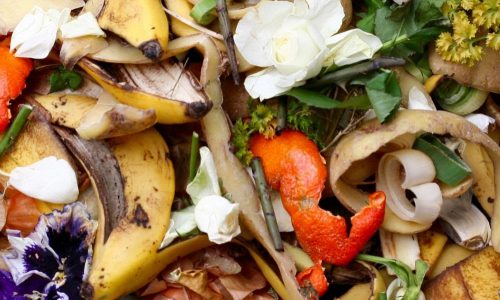Disclosure: In any review for a product or service, products or compensation may have been provided to me to help facilitate my review. All opinions are my own and honest. I am disclosing this in accordance with FTC Guidelines. Please see “Disclose” and "Terms of Use" tabs for more information.

To begin this newsletter, I want to make sure that everyone reading this in the United States has information about how to register to vote and how to request a mail-in ballot. No matter your political affiliation, voting is not just a right, but a responsibility. For more information, you can visit vote.gov and vote.org. For resources on voting by mail, visit the U.S. Vote Foundation or the Election Management Resources from the U.S. Election Assistance Committee.
The upcoming U.S. election is critical because the urgency of the issues we face is greater than ever before. More than two dozen scientists agree that “climate disruption is now locked in.” The wildfires on the West Coast, stronger slow-moving hurricanes along the Gulf, and record heatwaves are a harbinger of what’s to come.
Our food production and consumption practices need to change in response. In the U.S. alone, emissions from food waste are equivalent to 37 million cars’ worth of greenhouse gases, according to the World Wildlife Fund. Instead of continuing this cycle of production and destruction, we have to think about wasting less and using our food resources more efficiently to help keep our planet healthy.
This is the idea behind upcycling food—taking quality ingredients that would otherwise be wasted and turning them into nutritious and ecologically friendly snacks, beverages, and meals. The food wasted in a year contains enough calories to feed every undernourished person on Earth, according to the WWF. Upcycling is a realistic way to help bridge that gap, which is why the recently formed Upcycled Food Association has brought together over 90 upcycling brands to advocate for standards and policies that can help reduce food waste.
In honor of International Day of Awareness of Food Loss and Waste next Tuesday, Sept. 29, Food Tank is spotlighting 12 companies and nonprofits giving a second life to wasted food through upcycling: Aqua Botanical, Australia; KROMKOMMER, The Netherlands; Matriark Foods, United States; NETZRO, United States; Pure Plus+, United States; RISE + WIN Brewing Co., Japan; Rubies in the Rubble, United Kingdom; Sweet Benin, West Africa; Toast Ale, United Kingdom; Treasure8, United States; Upcycled Grain Project, New Zealand; and Wize Monkey, Canada.
Learn more about each of these organizations—and where you can find their products—by CLICKING HERE.
Over the past week, I’ve been watching with horror as farmworkers on the U.S. West Coast face a seemingly impossible choice: go to work during a global pandemic with wildfires raging perilously close, or stay home safe without pay. The wildfires are just one more threat to workers’ well-being—and like this particularly devastating Atlantic hurricane season and the Australian bush fires late last year and into 2020, they are made worse by climate change.
I am sharing this article via FoodTank.com, and it was written by Danielle Nierenberg.
















[…] can still achieve a bit of food prep and a nice meal with these two kitchen appliances. Plus, you can upcycle your food waste when finished as […]